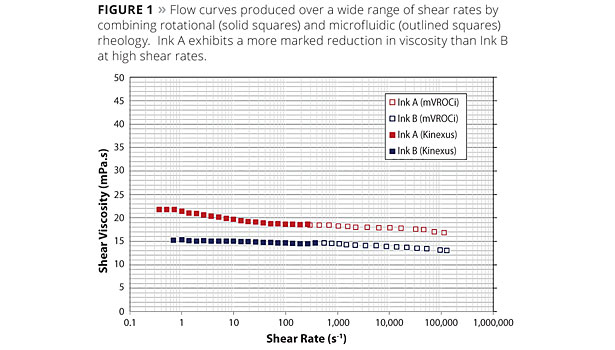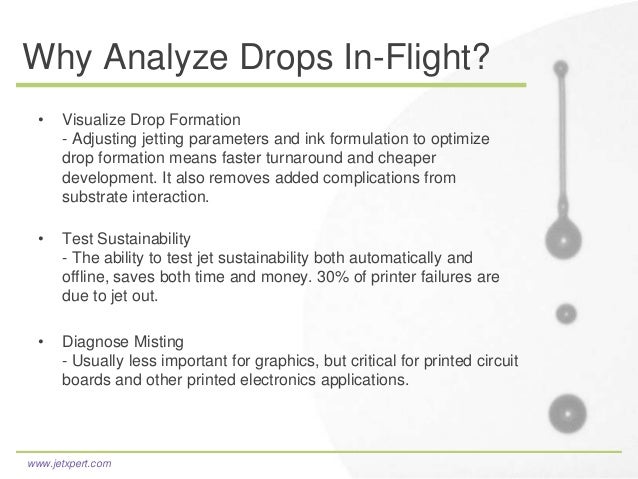Direct ceramic ink jet printing has the advantage that composition is spatially programmable down to the resolution of an ink droplet throughout a component.
Ceramic inkjet ink formulation.
A solvent based ink formulation for inkjet printing particularly on plastics and non porous surfaces including 1 40 by weight of a ketone solvent 10 90 by weight of a mixture of cosolvents.
In terms of speed it makes sense to keep the printer running rather than stopping it to switch to a different ink formulation.
Us20150015638a1 ceramic inkjet inks google patents.
In direct ceramic ink jet printing dcijp ink with ceramic pigment passes through the nozzle to build up a multilayered 3 dimensional structure.
Thanks to the high stability offered by polyol suspensions the solid content of inks can be as high as 20 by weight so ensuring optimal colour performance.
The inks were characterised for their rheological wetting and storage stability properties.
3 and many of them are usable in ceramic ink jet printing 12.
In one day the printer could be printing on boxes labels plastic cups or ceramic mugs.
Marabu specializes in organic inks for glass a highly effective and energy efficient alternative to ceramic enamels.
Our ink systems score highly on adhesion and come in a variety of colours and special effects plus they are scratch resistant dishwasher safe and free of heavy metals.
Then the pigment particles were dispersed in a mixed solvent of ethanol and ethylene glycol with addition of cetyltrimethylammonium bromide ctab as a dispersant.
Direct ceramic ink jet printing dcijp process is a suitable freeform fabrication technique to develop ceramic components whose dimensions are in microns.
A lot of materials can be synthesized by the polyol approach table iii and fig.
Formulation of ceramic ink the prepared inorganic pigment was micronized using attrition milling to prevent nozzle clogging for the ink jet printing application.
The ceramic mixture 2 2 dimethyl 4 hydroxymethyl 1 3 dioxolane commercially available from rhodia 69457 lion france under the trade name augeo sl 191 has a viscosity of 11 cp.
Most solvents used in the formulation of inkjet inks have viscosity in the range 0 5 5 0 cp but inks may be jettable at up to 25 cp or even more.










